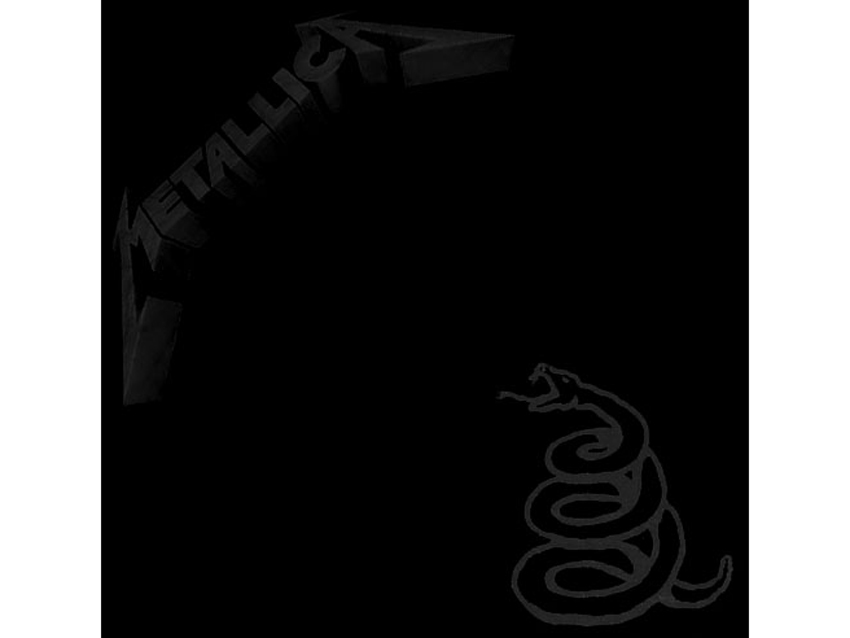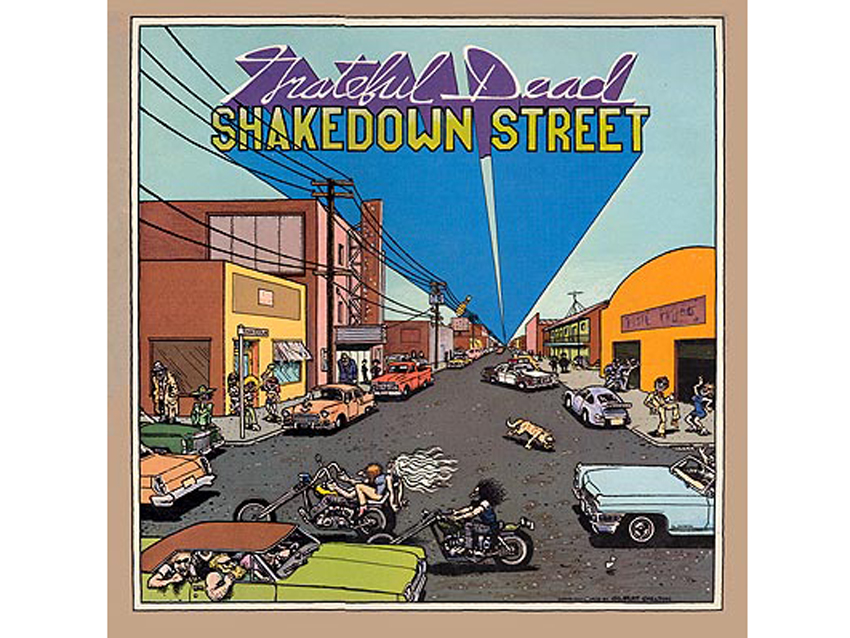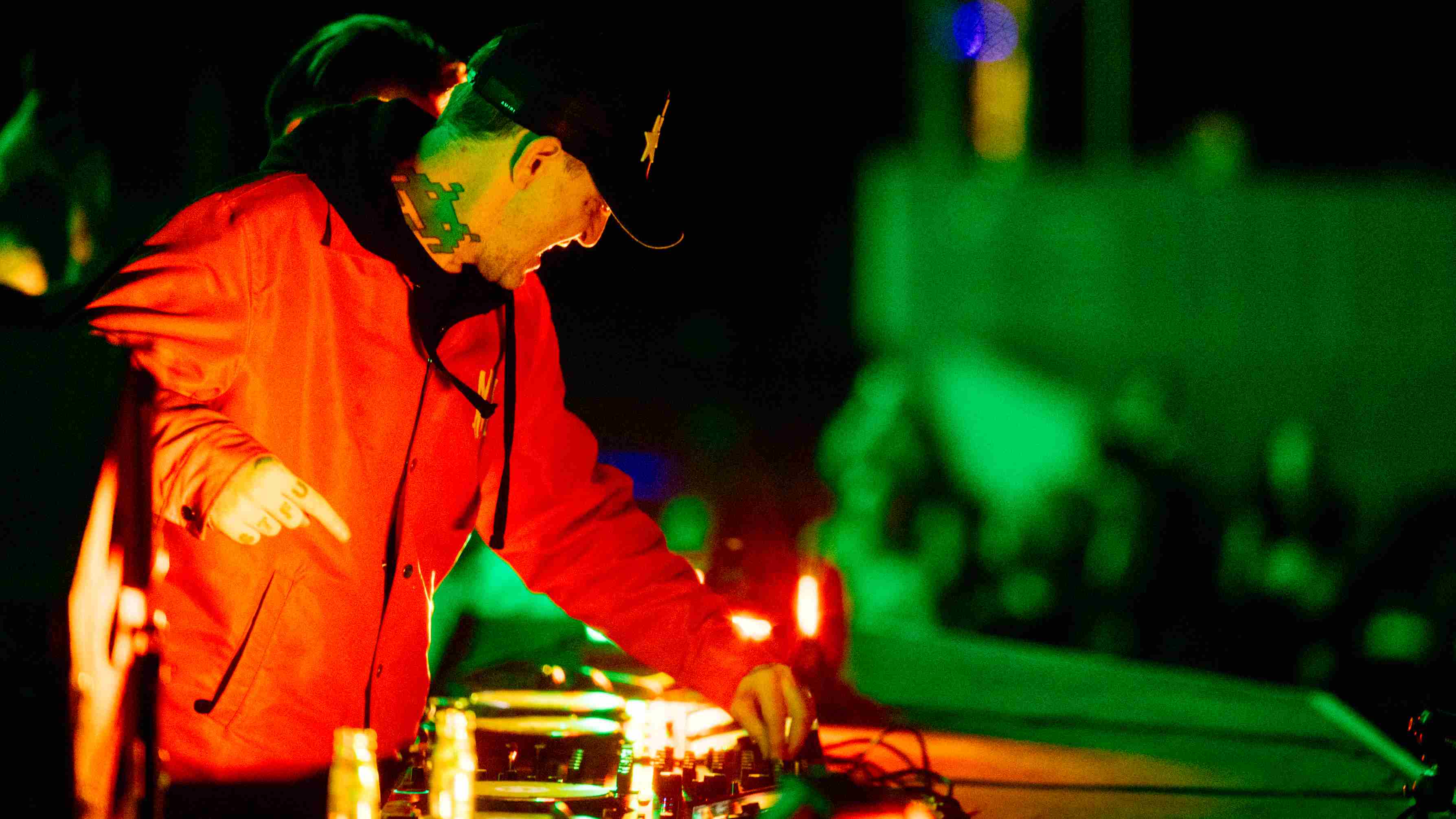
Lissie: the 10 records that changed my life
“People are going through so many different things," says California-based folk-rock sensation Lissie, "but they’re going through the same things, too. Music is the great equalizer. It can make you feel like you’re not alone and that somebody out there understands."
Growing up in Rock Island, Illinois, Lissie's attachment to music started early and evolved through an eclectic playlist that included everything from dance pop to classic rock to hardcore hip-hop. "I never felt like I wanted to listen to just one type of music," she says. "There's too much great stuff to absorb and be inspired by. In my case, I was inspired to create my own music because I see it as a way for people to process their own emotions in a powerful way. You can get things off your own chest, and then it goes out to somebody else, who then releases it and it goes on to the next person."
On her 2010 debut album Catching A Tiger, Lissie's evocative mix of folk-rock-flavored pop scored a direct hit with listeners, selling over 250,000 copies and going Gold in the UK and Norway. Witnessing the impact her own music has had on others is an experience the songstress is still getting used to. “It’s such an honor to be a part of somebody’s life, a person you don’t even know," she marvels. "I remember music doing that to me. When I was in my late teens and early 20s, I felt as if certain musicians were singing just for me. They were telling my story. That's what I hope I can do for other people."
Lissie adds 12 bold and beautiful new chapters to this narrative on her forthcoming new album, the Jacknife Lee-produced Back To Forever, due out October 8th. "On this album, I think that I’ve learned how to craft the songs more – the choruses, the pay-offs, the ways the tunes unfold," she explains. "I try to give myself a little perspective, almost like I’m an observer and not in the thick of things, which lets me sing about the emotions while I’m giving both sides of the story."
In compiling her list of the 10 records that changed her life, Lissie reflected on how the music that shaped her own journey influenced Back To Forever. “So many amazing records have made me who I am, but I always want to sound like me," she says. "In a song like Further Away, you can tell that I listen to classic rock, or in Sleepwalking you can hear a little bit of Bruce Springsteen. Even so, I try to avoid being transparent. I never want to feel like I’m ripping anyone off. It’s my life’s goal to find that place where I fit. The albums that I love are there, but I want my music to be all mine.”
Back To Forever can be pre-ordered at this link. You can read Lissie: The 10 Records That Changed My Life on the following pages.

Janet Jackson - Janet Jackson's Rhythm Nation 1814 (1989)
“I remember so clearly when it came out. Between the music and the videos, it really made me want to perform. I think I did want to be like Madonna at first, but then that changed and I focused more on singing.
“Rhythm Nation was the record that made me want to invite people over and bring them down to the basement, where I would put a concert on for them. I would make up my own little costumes and dance to the album [laughs]. It was my own little ‘let-me-put-on-a-show-for-you’ thing.
“The songs are great; the writing and production are terrific. But what’s really cool is that it’s an extremely positive record. The messages are very bold and empowering.”

Sheryl Crow - Tuesday Night Music Club (1993)
“I was about 12 when I got this record. I already liked singing, and I was starting to like guys – this was when I was in junior high, so I was changing from a little kid into a pre-teen. There were some songs on this record that were probably too mature for me at the time, but I connected with so much of it.
“Her voice and her presence spoke to me as a female. I loved how she just wore jeans and played the guitar – she didn’t have to be dancing around and wearing costumes and stuff. So that’s the progression of going from Janet Jackson to Sheryl Crow as a role model. Sheryl was very down-to-earth.
“The songs are so well written. In fact, I’m craving them right now. I think I might have to listen to the record today.”

Metallica - Metallica (1991)
“Once I was in junior high, I got a little angst-ier and started hanging out with edgier people – when you’re 12, no one’s edgy [laughs]. There was that switch period where some guy friends of mine were listening to Metallica. I hadn’t really heard too much of their music before.
“I totally got into it. Kirk Hammett – oh, my gosh, who can play the guitar like that? Unbelievable. Nothing Else Matters became a real favorite of mine because it’s so tender. The guitar sounds on that song are heartbreaking.
“The album as a whole got a lot of play with me.”

Hole - Live Through This (1994)
“This was another important record for me. It came out right after Kurt Cobain died, but grunge was still happening. I was a little too young to understand the kind of edge they were putting across, but the sound of the music really got to me.
“’Go on, take everything, I want you to take everything’ – such balled-up emotions. Courtney Love was so crazy and unhinged, with this big, screeching voice. The feelings that she was singing about were dark and ballsy – you didn’t have to fully understand where she was coming from to sort of get it. She fascinated me.
“The album represents a great moment in time – the aggression that came from grunge.”

Dr. Dre - 2001 (1999)
“This was an important record for be when I was in high school. I had that kind of late-‘90s/early 2000s upbringing in the Midwest where you listen to everything. It was still pre-Internet in a lot of ways, so you were listening to what was available, but it was out there – you could find it. Hanging out with my friends at keg parties, we’d listen to Dr. Dre.
“I loved the collaboration between Dre and Eminem. Those lyrics – ‘Nowadays everybody wanna talk like they got something to say/ but nothing comes out when they move their lips/ just a bunch of gibberish’ – that’s so incredible.
“I love the beats on Dre’s record. We thought it was so cool. We were learning how to rap, and this was one of the albums that got us going. The production, the rhythms – I was really impressed with how he put it all together.”

Janis Joplin - Janis Joplin's Greatest Hits (1973)
“On the day I got my driver’s license, I skipped school and bought two albums, this one and a record by the Jefferson Airplane. I was getting into a classic rock phase at the time.
“Discovering Janis Joplin was a pretty big deal for me. Here was this woman who was fierce as all get-out, with such a big, expressive voice. She was so full of emotion, and it just came rushing out in her music. Her story is so tragic. That dark side of rock ‘n’ roll became a part of my consciousness in a way that it hadn’t been before.”

Air - Moon Safari (1998)
“Once I got into college, I started to listen to electronic music and trip-hop, down-tempo drum and bass, and other things I hadn’t really been exposed to when I was in Illinois. It was a very eye-opening time for me.
“Air became the soundtrack for me. I went to Paris for a semester, and I can remember listening to my Discman with my headphones while I road the Metro. It was an incredible transporting experience.
“The instrumental tracks on Moon Safari set such a great vibe. Walking around Paris and having Air as the sonic background to everything I was seeing made it all very romantic and new. The grooves are so soothing and sexy – even today, the music puts me in a wonderful mood.
“This record also got me into appreciating the bass. All my life, I’d been really into guitars, but Moon Safari has such gorgeous melodic basslines that really drive the music in a big way.”

Grateful Dead - Shakedown Street (1978)
“I went to Colorado State and was hanging out with all of these people who listened to jam bands like Phish. This was when I started to get into the Grateful Dead and their album Shakedown Street.
“Actually, I really liked Little Feat, as well, and finding out that Lowell George produced Shakedown Street was pretty cool. The Dead were this noodly kind of band, which I love – I do like getting lost in those long musical moments – but Shakedown Street had really great tight songs, so it was probably a little bit different for them.
“There’s some cover tunes that are cool, but the originals really stand up. From start to finish, it’s a record that you can put on and just feel good while you’re listening to it. You can be cooking dinner, you can drive down the highway with the windows down – wherever you are, it’s a good vibe. The music is so great that I don’t even listen to the lyrics. It’s a nice mood-lifting record.”

Bobbie Gentry - An American Quilt: 1967 - 1974 (2002)
“Bobbie Gentry had a lot of hit records, but she quit music sometime in the ‘70s. I went to England and was writing with a music journalist who knows every bit of trivia, so he filled me in on her.
“Hearing all about her made me want to go out and check out her music. She had such interesting songs, and of course, her voice was so beautiful. Everybody knows Ode To Billie Joe, but there is also the song Fancy, which Reba McEntire covered. When I was making my first record, I listened to a lot of Bobbie Gentry. She was a little bit glammy, but she was also very chill and down to earth.
“I just love her persona. Her words are so strong and affecting, filled with imagery. She’s probably as good a lyricist as Paul Simon. She really knew how to write a song as if it were a novel. The production on her material follows her lyrics – the music tells the story as well as the words.”

Kendrick Lamar - Good Kid, M.A.A.D. City (2012)
“Kendrick Lamar is an up-and-comer, part of the new wave of rap. He's an amazing lyricist, and his beats are really strong. M.A.A.D. City is like gangsta rap, but he’s got a really cool perspective, and he’s a very raw, honest storyteller.
“The album is so well assembled. There are these little skits and phone conversations – it unfolds before you. Some moments almost seem as if the indie world is melding into the rap world. It’s a fascinating album. Like with Dr. Dre, I just love the beats. The feeling you get when something hits you in the chest and makes you feel strong is a big part of what he’s doing.”
Joe is a freelance journalist who has, over the past few decades, interviewed hundreds of guitarists for Guitar World, Guitar Player, MusicRadar and Classic Rock. He is also a former editor of Guitar World, contributing writer for Guitar Aficionado and VP of A&R for Island Records. He’s an enthusiastic guitarist, but he’s nowhere near the likes of the people he interviews. Surprisingly, his skills are more suited to the drums. If you need a drummer for your Beatles tribute band, look him up.
"At first the tension was unbelievable. Johnny was really cold, Dee Dee was OK but Joey was a sweetheart": The story of the Ramones' recording of Baby I Love You
"Reggae is more freeform than the blues. But more important, reggae is for everyone": Bob Marley and the Wailers' Catch a Fire, track-by-track
"At first the tension was unbelievable. Johnny was really cold, Dee Dee was OK but Joey was a sweetheart": The story of the Ramones' recording of Baby I Love You
"Reggae is more freeform than the blues. But more important, reggae is for everyone": Bob Marley and the Wailers' Catch a Fire, track-by-track










